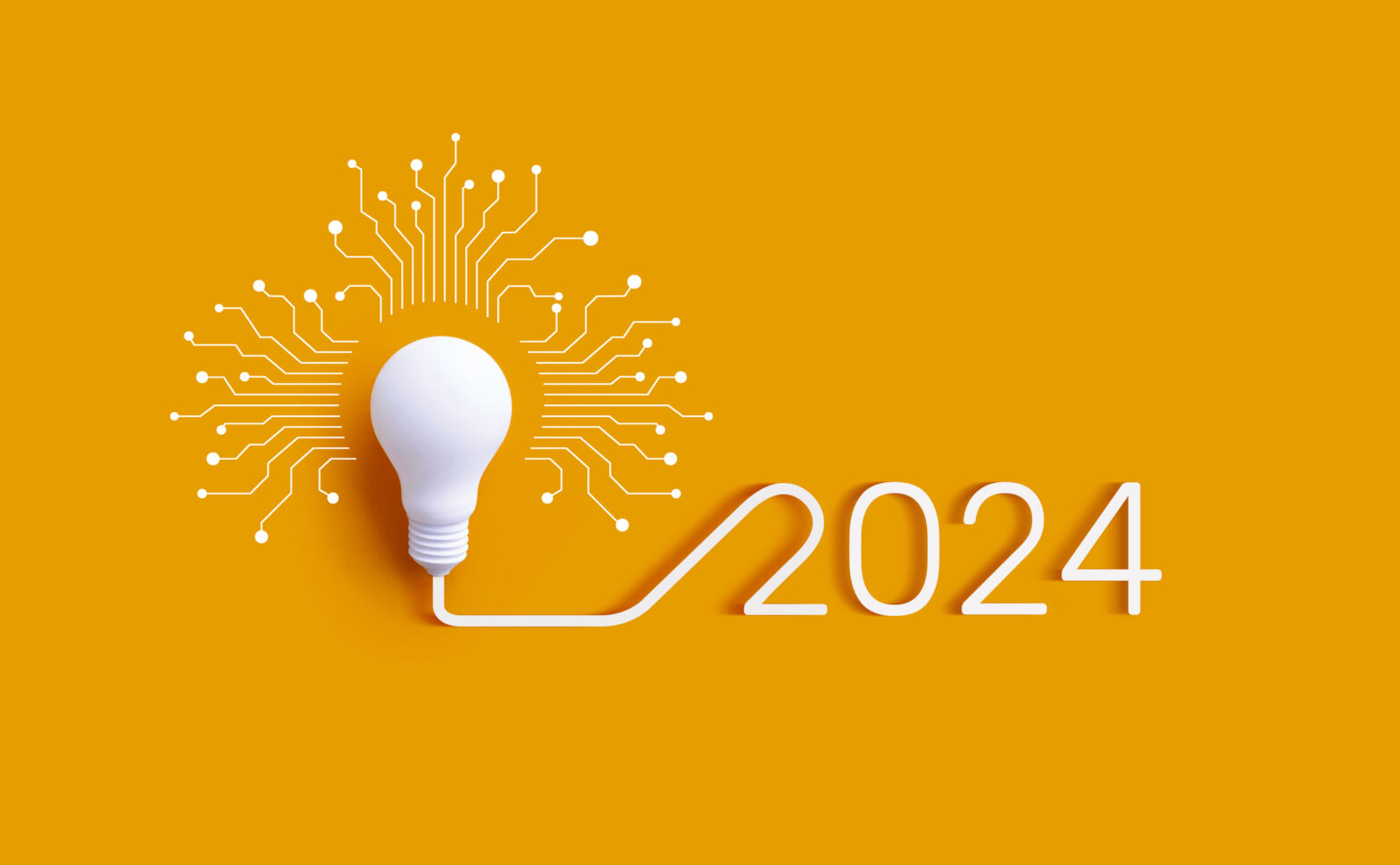So what about air travel? It is an industry which is perhaps unique in having its own dedicated button on all of today’s mobile devices. However, ‘flight mode’ has long stood for being disconnected, for switching off from the rest of the world. As the world’s airlines roll out in-flight connectivity this will increasingly no longer be the case. The potential for removing stress from the travel experience, driving new revenue streams and creating new business models has never been greater.
Another hot topic for all businesses today is data, and air travel is already one of the most data-rich industries around. Airlines were pioneers in deploying data and algorithms to optimise networks, price and allocate seats, and manage the logistics involved in departing 3.7 billion passengers and transporting 52.7 million tonnes of cargo every year across the globe.
At such scale, small efficiencies can have big benefits. Back in 2013, a group of analysts at Singapore’s Institute for Infocomm Research beat teams from around the world to a $100,000 prize for their work on an algorithm that could predict flight arrival times more precisely than the current industry standard. This was vital to the air industry: reducing flight time by a minute saves a staggering $1,200,000 in annual crew costs – and $5,000,000 in fuel savings.
Investing in digital
It’s therefore no surprise that airlines are investing heavily in digital and many start-ups are targeting the industry. But the airline world can be a challenging place for entrepreneurs to navigate. It is highly regulated and many organisations have invested huge amounts in legacy IT systems. Even a small airline is a big business with thousands of employees. At IAG, we believe that the most successful innovations will come from bridging the gap between the tech start-ups, with disruptive and creative ideas, and the big airline companies, with access to millions of customers and the clout to drive standards in the industry.
We’re actively looking to collaborate with tech start-ups across the world to create next generation air travel experiences for our customers. In fact, we just launched our new start-up partnership programme, which will support the development of new entrepreneurs to help transform the aviation industry and revolutionise customer experience through new technology, products and services.
There are a number of areas of opportunities for disruption that we anticipate which revolve around data. Four examples are machine learning, inflight connectivity, loyalty schemes, and cargo.
Machine learning
Machine learning is a hot topic right now regardless of sector, with all businesses looking to embrace its potential for process automation and opportunity identification. One area of particular interest for airlines is in revenue management.
Revenue management departments employ teams of analysts dedicated to continuously optimising price levels for the thousands of flights on sale at any given time. As well as closely monitoring booking trends and competitor prices, smart people and clever algorithms take into account any other factors that could impact demand for a flight in order to set the best price and maximise revenue.
This can be anything from assessing the impact of the timing of school holidays or sporting events, anticipating the behaviour of competitors or adjusting to reflect the price and demand impacts of changes in currencies. Responding quickly and appropriately to changes in the market and to consumer behaviour can make a big difference to revenue outcomes.
This is, of course, the exact type of activity that machines are suited to, processing vast quantities of data and spotting patterns. Any start-up that could augment the work of these groups; by automating the processing of data and allowing the analysts to focus their efforts on making intelligent strategic decisions based on the findings, could revolutionise a core competitive differentiator for aviation businesses.
Inflight connectivity
After many years of technological development, testing, and refinement, we’re on the verge of ubiquitous, high speed in-flight data connectivity.
There’s a host of potential applications this opens up. Some will be practical, such as making or modifying reservations for ground transport, accommodation or restaurants whilst in the air; others will be focused on entertainment, such as on-demand content catalogues that connect to the passenger’s own device; others still will be something completely original and brand-new.
This is still a relatively unexplored opportunity area for the industry and one where we hope to take advantage of mutually beneficial collaborations with start-ups.
Loyalty schemes
The airline industry has been a pioneer when it comes to loyalty schemes over the last century, and this continues to this day. Programmes continue to adapt to the online and mobile world, teaming up with new partners looking to access and provide new benefits to millions of affluent and highly engaged consumers, such as the nearly 8 million active members of IAG’s loyalty rewards business.
Cargo
The movement of cargo by air is another significant revenue stream for airlines, but remains surprisingly dependent on paper and telephone based processes today. Even catching up with the level of digitisation of processes which is already the norm for the passenger business represents a huge opportunity.
As well as driving efficiency, we are looking to digital innovation to drive improved security and customer service, for example through better tracking and increased reliability of deliveries.
From legacy to innovation
Savvy entrepreneurs and start-ups from across the globe are increasingly turning their attention to the opportunities to be found in the air travel. We believe there is huge opportunity to collaborate with these agile businesses to help deliver the next generation of air travel for customers and revolutionise the industry.
Robert Boyle is director of strategy at IAG.





